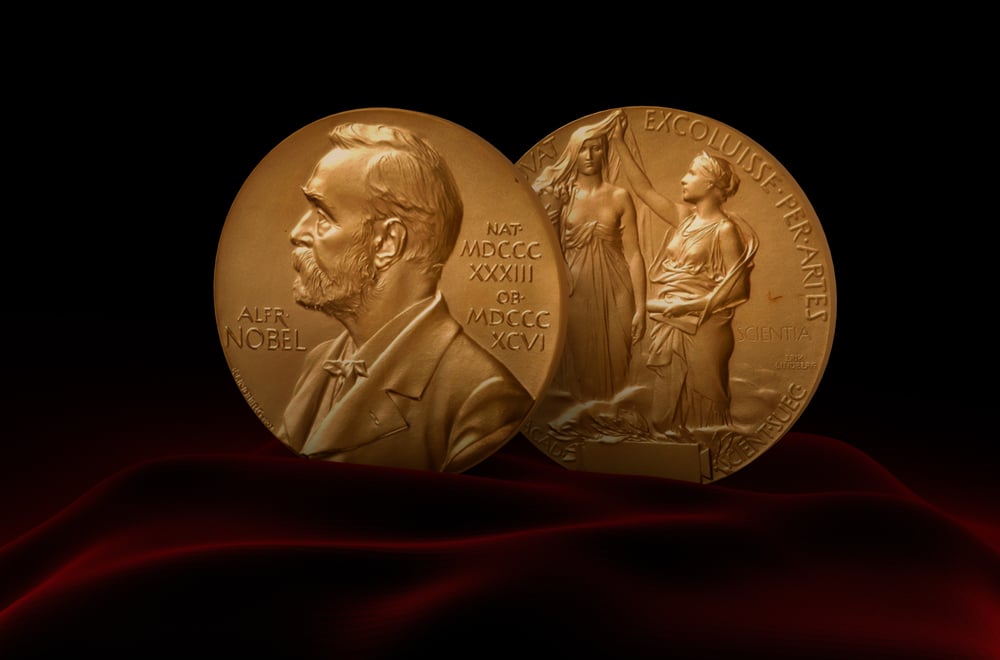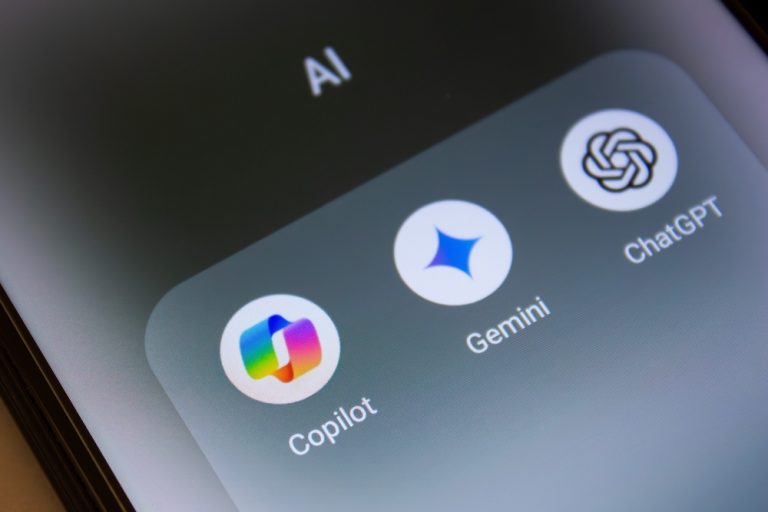The 2024 Nobel Prize in Physics has been awarded to John Hopfield from Princeton University and Geoffrey Hinton from the University of Toronto for their groundbreaking contributions to artificial neural networks. Their work provided the foundation for many of today’s artificial intelligence (AI) technologies, including facial recognition and chatbots.
Artificial neural networks mimic certain brain functions, such as recognition and classification, by modeling interactions between artificial neurons or “nodes.” In the early 1980s, Hopfield demonstrated that these networks could be used for pattern recognition through energy minimization, which allowed machines to “remember” images. Geoffrey Hinton expanded on this by showing how connections between nodes could be trained to perform specific tasks like sorting and classifying data.
This work laid the foundation for the AI and machine-learning revolution, which today powers technologies ranging from autonomous vehicles to advanced medical diagnostics. The recognition of Hopfield and Hinton by the Nobel committee underscores the profound impact of their contributions in the advancement of AI.
As the field continues to evolve, their legacy persists in shaping how machines “learn” and interact with the world, pushing the boundaries of human-technology collaboration.





















